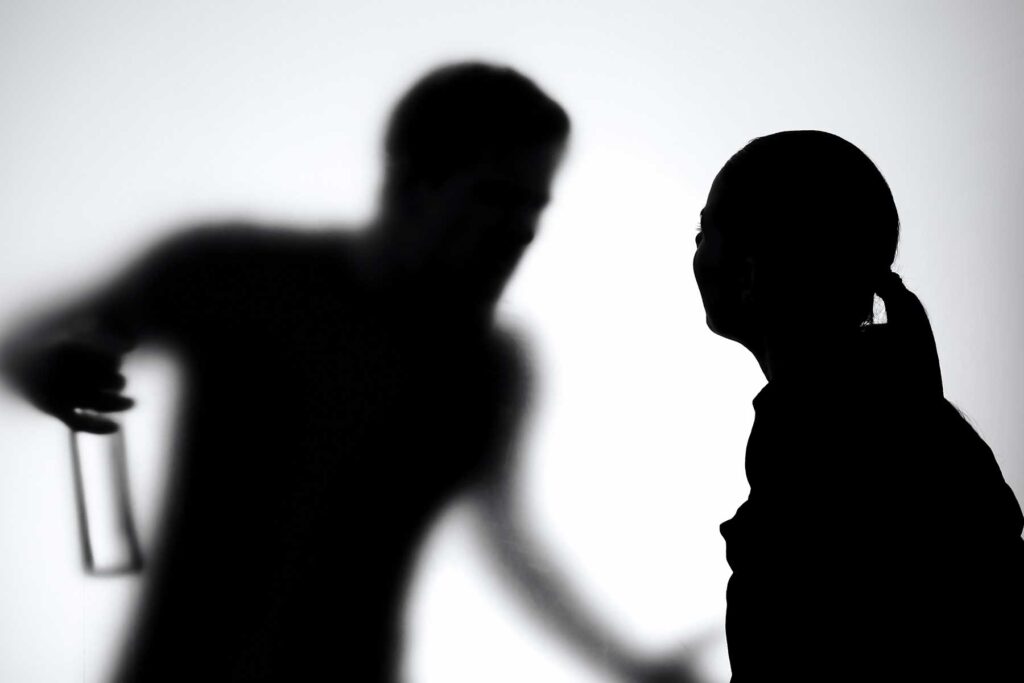Alcohol is one of the most commonly misused substances in the world. As a legal substance that is easily accessible, many people use alcohol regularly. Unfortunately, some develop addictions or other health problems. Drinking more than moderate amounts of alcohol is associated with some adverse outcomes ranging from impaired judgment and loss of coordination to slurred speech and sudden death. While alcohol may be fun in small doses, there is no question that it can lead to severe problems when misused. And for some people, alcohol misuse may even lead to aggression.
If alcohol is starting to impact your mood, making you feel irritable or angry and even prompting confrontations with others, it is time to seek support. Promises Brazos Valley offers alcohol detox to help you safely remove alcohol from your body. Our team of friendly professionals will be by your side every step of the way as you go through withdrawal. Contact us today at 979.426.0086 to learn more about our detox program and how we can continue to support you with our outpatient programs afterward.
About Alcohol Consumption and Mood Regulation
Alcohol is a depressant that causes dilation of the blood vessels in the brain, which increases blood flow and causes drowsiness. Drinking too much alcohol can cause nausea and vomiting and increase the risk of severe complications like addiction, alcoholic hepatitis, and cirrhosis. But the effects of alcohol are not limited to your physical health. There are also psychological effects to drinking, both positive and negative.
As a depressant, alcohol usually helps people feel calm and relaxed. It can also produce euphoria and increase sociability. This is why people tend to reach for a beer after a long day at work or order a cocktail when celebrating a birthday or a promotion. However, alcohol affects people differently, and some do not react with a positive mood or relaxation. Certain people become more aggressive and violent when they drink too much.
How Are Alcohol and Aggression Linked?
But what are some examples of situations that show how alcohol and aggression are related? The connection is complicated, especially since some people feel happier and more outgoing when they consume alcohol, while others become sullen, moody, or angry when they drink. There are a few possible explanations for this:
- People who are prone to aggression may be more likely to misuse alcohol than people who are not aggressive.
- If you are already in a bad mood before drinking, alcohol can amplify those negative feelings. Things that may not usually bother you may set you off when upset and under the influence.
- Alcohol affects brain function by lowering inhibitions and reducing a person’s typical restraint on impulsive behaviors. While you may be able to keep your calm and refrain from arguing with someone when sober, you could find it more challenging to hold your tongue when intoxicated.
Regardless of why you are more aggressive when drinking alcohol, it could get you into trouble. Aggression and anger could cause rifts in your relationships, instigate fights with strangers, or get you into legal trouble if you say or do the wrong thing to the wrong person. In serious cases, alcohol and aggression can contribute to domestic violence and sexual assault. Getting help for anger issues and alcohol misuse can help prevent any potential problems before they destroy your life.
Find Help for Alcohol Addiction and Aggression in Texas at Promises Brazos Valley
So is it a problem that alcohol and aggression are linked? If anger and irritability contribute to your drinking problem, you may be dealing with a co-occurring mental health condition. Self-medication is one of the most common coping mechanisms for untreated mental health issues. Reach out to Promises Brazos Valley at 979.426.0086 so we can conduct a thorough assessment and get to the root of your concerns about your intake of alcohol and aggression.

